Jacob Adams: AAC and Debian
Currently, in a default installation of Debian with the GNOME desktop,
Bluetooth headphones that require the AAC codec1 cannot be used.
As the Debian wiki outlines,
using the AAC codec over Bluetooth, while technically supported by
PipeWire, is explicitly disabled in Debian at this time.
This is because the How to Fix it Yourself
If what you, like me, need is simply for Bluetooth Audio to work with AAC
in Debian s default desktop environment2,
then you ll need to rebuild the
Why
This is a slightly unusual situation, as the
Fedora s solution
Since 2017, Fedora has included a modified version of the library
as fdk-aac-free, see the announcement and the bugzilla bug requesting review.
This version of the library includes only the AAC LC profile, which is believed
to be entirely patent-free3.
Based on this, there is an open bug report in Debian requesting that the
The Debian NEW queue
To resolve these bugs, a version of
fdk-aac library needed to enable this support is currently
in the non-free component of the repository, meaning that PipeWire, which
is in the main component, cannot depend on it.
How to Fix it Yourself
If what you, like me, need is simply for Bluetooth Audio to work with AAC
in Debian s default desktop environment2,
then you ll need to rebuild the pipewire package to include the
AAC codec. While the current version in Debian main has been built with AAC
deliberately disabled, it is trivial to enable if you can install a version
of the fdk-aac library.
I preface this with the usual caveats when it comes to patent
and licensing controversies. I am not a lawyer, building this package and/or
using it could get you into legal trouble.
These instructions have only been tested on an up-to-date copy of Debian 12.
- Install
pipewire s build dependencies
sudo apt install build-essential devscripts
sudo apt build-dep pipewire
- Install
libfdk-aac-dev
sudo apt install libfdk-aac-dev
If the above doesn t work you ll likely need to enable non-free and try again
sudo sed -i 's/main/main non-free/g' /etc/apt/sources.list
sudo apt update
Alternatively, if you wish to ensure you are maximally license-compliant and
patent un-infringing3,
you can instead build fdk-aac-free which includes only those components
of AAC that are known to be patent-free3.
This is what should eventually end up in Debian to resolve this problem
(see below).
sudo apt install git-buildpackage
mkdir fdk-aac-source
cd fdk-aac-source
git clone https://salsa.debian.org/multimedia-team/fdk-aac
cd fdk-aac
gbp buildpackage
sudo dpkg -i ../libfdk-aac2_*deb ../libfdk-aac-dev_*deb
- Get the
pipewire source code
mkdir pipewire-source
cd pipewire-source
apt source pipewire
This will create a bunch of files within the pipewire-source directory,
but you ll only need the pipewire-<version> folder, this contains all the
files you ll need to build the package, with all the debian-specific patches
already applied.
Note that you don t want to run the apt source command as root, as it will
then create files that your regular user cannot edit.
- Fix the dependencies and build options
To fix up the build scripts to use the fdk-aac library,
you need to save the following as
pipewire-source/aac.patch
--- debian/control.orig
+++ debian/control
@@ -40,8 +40,8 @@
modemmanager-dev,
pkg-config,
python3-docutils,
- systemd [linux-any]
-Build-Conflicts: libfdk-aac-dev
+ systemd [linux-any],
+ libfdk-aac-dev
Standards-Version: 4.6.2
Vcs-Browser: https://salsa.debian.org/utopia-team/pipewire
Vcs-Git: https://salsa.debian.org/utopia-team/pipewire.git
--- debian/rules.orig
+++ debian/rules
@@ -37,7 +37,7 @@
-Dauto_features=enabled \
-Davahi=enabled \
-Dbluez5-backend-native-mm=enabled \
- -Dbluez5-codec-aac=disabled \
+ -Dbluez5-codec-aac=enabled \
-Dbluez5-codec-aptx=enabled \
-Dbluez5-codec-lc3=enabled \
-Dbluez5-codec-lc3plus=disabled \
Then you ll need to run patch from within the pipewire-<version> folder
created by apt source:
patch -p0 < ../aac.patch
- Build
pipewire
cd pipewire-*
debuild
Note that you will likely see an error from debsign at the end of this process,
this is harmless, you simply don t have a GPG key set up to sign your
newly-built package4. Packages don t need to be signed to be installed,
and debsign uses a somewhat non-standard signing process that dpkg does not
check anyway.
- Install
libspa-0.2-bluetooth
sudo dpkg -i libspa-0.2-bluetooth_*.deb
- Restart PipeWire and/or Reboot
sudo reboot
Theoretically there s a set of services to restart here that would
get pipewire to pick up the new library, probably just pipewire itself.
But it s just as easy to restart and ensure everything is using the correct
library.
pipewire s build dependencies
sudo apt install build-essential devscripts
sudo apt build-dep pipewire
libfdk-aac-dev
sudo apt install libfdk-aac-dev
sudo sed -i 's/main/main non-free/g' /etc/apt/sources.list
sudo apt update
fdk-aac-free which includes only those components
of AAC that are known to be patent-free3.
This is what should eventually end up in Debian to resolve this problem
(see below).
sudo apt install git-buildpackage
mkdir fdk-aac-source
cd fdk-aac-source
git clone https://salsa.debian.org/multimedia-team/fdk-aac
cd fdk-aac
gbp buildpackage
sudo dpkg -i ../libfdk-aac2_*deb ../libfdk-aac-dev_*deb
pipewire source code
mkdir pipewire-source
cd pipewire-source
apt source pipewire
pipewire-source directory,
but you ll only need the pipewire-<version> folder, this contains all the
files you ll need to build the package, with all the debian-specific patches
already applied.
Note that you don t want to run the apt source command as root, as it will
then create files that your regular user cannot edit.
pipewire-source/aac.patch
--- debian/control.orig
+++ debian/control
@@ -40,8 +40,8 @@
modemmanager-dev,
pkg-config,
python3-docutils,
- systemd [linux-any]
-Build-Conflicts: libfdk-aac-dev
+ systemd [linux-any],
+ libfdk-aac-dev
Standards-Version: 4.6.2
Vcs-Browser: https://salsa.debian.org/utopia-team/pipewire
Vcs-Git: https://salsa.debian.org/utopia-team/pipewire.git
--- debian/rules.orig
+++ debian/rules
@@ -37,7 +37,7 @@
-Dauto_features=enabled \
-Davahi=enabled \
-Dbluez5-backend-native-mm=enabled \
- -Dbluez5-codec-aac=disabled \
+ -Dbluez5-codec-aac=enabled \
-Dbluez5-codec-aptx=enabled \
-Dbluez5-codec-lc3=enabled \
-Dbluez5-codec-lc3plus=disabled \
patch from within the pipewire-<version> folder
created by apt source:
patch -p0 < ../aac.patch
pipewire
cd pipewire-*
debuild
debsign at the end of this process,
this is harmless, you simply don t have a GPG key set up to sign your
newly-built package4. Packages don t need to be signed to be installed,
and debsign uses a somewhat non-standard signing process that dpkg does not
check anyway.
libspa-0.2-bluetooth
sudo dpkg -i libspa-0.2-bluetooth_*.deb
sudo reboot
Why
This is a slightly unusual situation, as the fdk-aac library is licensed
under what
even the GNU project
acknowledges is a free software license.
However, this license
explicitly informs the user that they need to acquire
a patent license to use this software5:
3. NO PATENT LICENSE
NO EXPRESS OR IMPLIED LICENSES TO ANY PATENT CLAIMS, including without
limitation the patents of Fraunhofer, ARE GRANTED BY THIS SOFTWARE LICENSE.
Fraunhofer provides no warranty of patent non-infringement with respect to this
software.
You may use this FDK AAC Codec software or modifications thereto only for
purposes that are authorized by appropriate patent licenses.
To quote the GNU project:
Because of this, and because the license author is a known patent aggressor,
we encourage you to be careful about using or redistributing software under
this license: you should first consider whether the licensor might aim to
lure you into patent infringement.
AAC is covered by a number of patents, which expire at some point in the 2030s6.
As such the current version of the library is potentially legally dubious to ship with
any other software, as it could be considered patent-infringing3.
Fedora s solution
Since 2017, Fedora has included a modified version of the library
as fdk-aac-free, see the announcement and the bugzilla bug requesting review.
This version of the library includes only the AAC LC profile, which is believed
to be entirely patent-free3.
Based on this, there is an open bug report in Debian requesting that the
fdk-aac package be moved to the main component
and that the
pipwire package be updated to build against it.
The Debian NEW queue
To resolve these bugs, a version of fdk-aac-free has been uploaded to Debian
by Jeremy Bicha.
However, to make it into Debian proper, it must first pass through the
ftpmaster s NEW queue.
The current version of fdk-aac-free
has been in the NEW queue since July 2023.
Based on conversations in some of the bugs above, it s been there since at least 20227.
I hope this helps anyone stuck with AAC to get their hardware working for them
while we wait for the package to eventually make it through the NEW queue.
Discuss on Hacker News
-
Such as, for example, any Apple AirPods, which only support AAC AFAICT.
-
Which, as of Debian 12 is GNOME 3 under Wayland with PipeWire.
-
I m not a lawyer, I don t know what kinds of infringement might or might not be possible here, do your own research, etc. 2 3 4
-
And if you DO have a key setup with
debsign you almost certainly don t need these instructions.
-
This was originally phrased as explicitly does not grant any patent rights. It was pointed out on Hacker News that this is not exactly what it says, as it also includes a specific note that you ll need to acquire your own patent license. I ve now quoted the relevant section of the license for clarity.
-
Wikipedia claims the base patents expire in 2031, with the extensions expiring in 2038, but its source for these claims is some guy s spreadsheet in a forum. The same discussion also brings up Wikipedia s claim and casts some doubt on it, so I m not entirely sure what s correct here, but I didn t feel like doing a patent deep-dive today. If someone can provide a clear answer that would be much appreciated.
-
According to Jeremy B cha: https://bugs.debian.org/cgi-bin/bugreport.cgi?bug=1021370#17
- Such as, for example, any Apple AirPods, which only support AAC AFAICT.
- Which, as of Debian 12 is GNOME 3 under Wayland with PipeWire.
- I m not a lawyer, I don t know what kinds of infringement might or might not be possible here, do your own research, etc. 2 3 4
-
And if you DO have a key setup with
debsignyou almost certainly don t need these instructions. - This was originally phrased as explicitly does not grant any patent rights. It was pointed out on Hacker News that this is not exactly what it says, as it also includes a specific note that you ll need to acquire your own patent license. I ve now quoted the relevant section of the license for clarity.
- Wikipedia claims the base patents expire in 2031, with the extensions expiring in 2038, but its source for these claims is some guy s spreadsheet in a forum. The same discussion also brings up Wikipedia s claim and casts some doubt on it, so I m not entirely sure what s correct here, but I didn t feel like doing a patent deep-dive today. If someone can provide a clear answer that would be much appreciated.
- According to Jeremy B cha: https://bugs.debian.org/cgi-bin/bugreport.cgi?bug=1021370#17
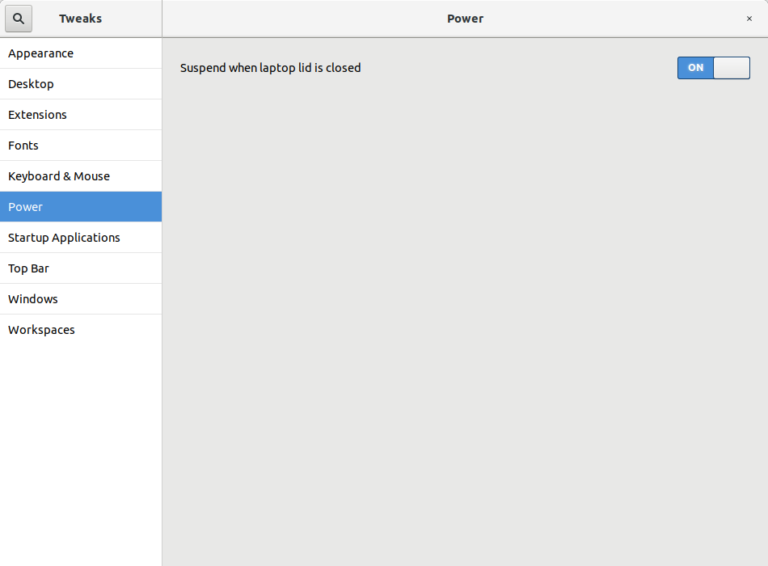
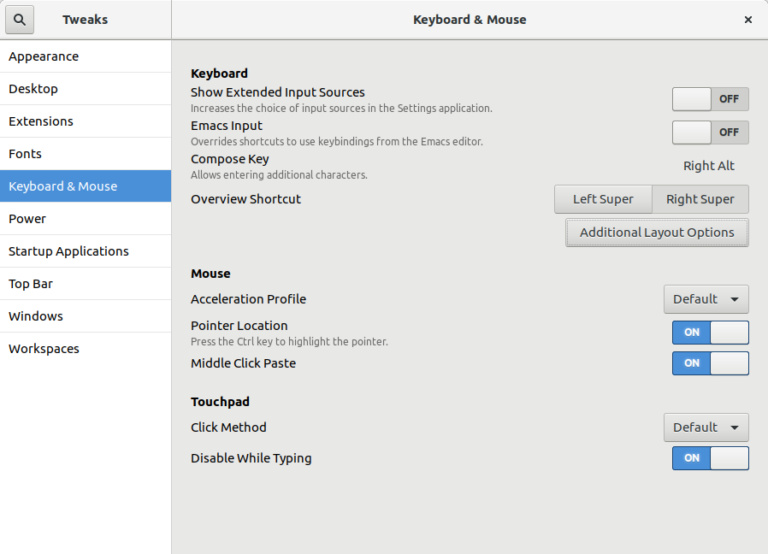
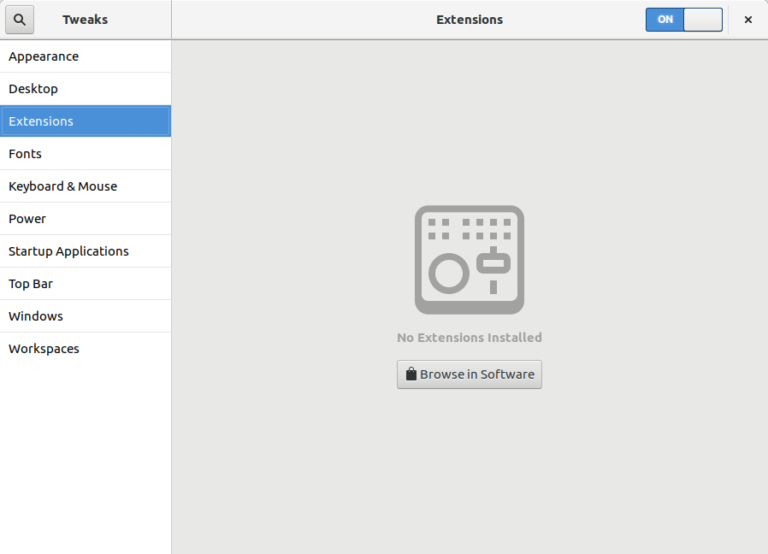
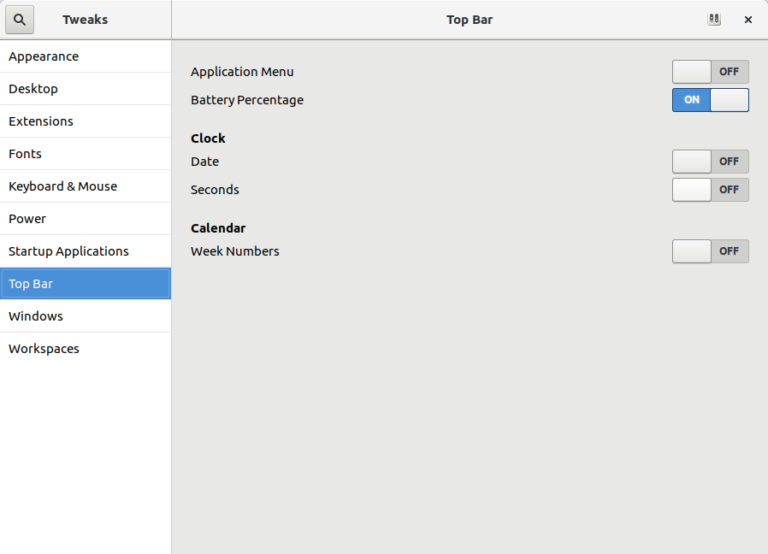
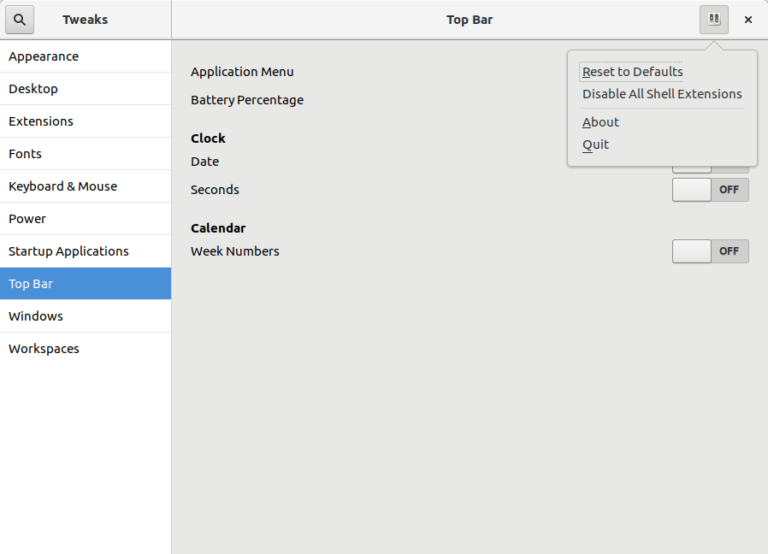
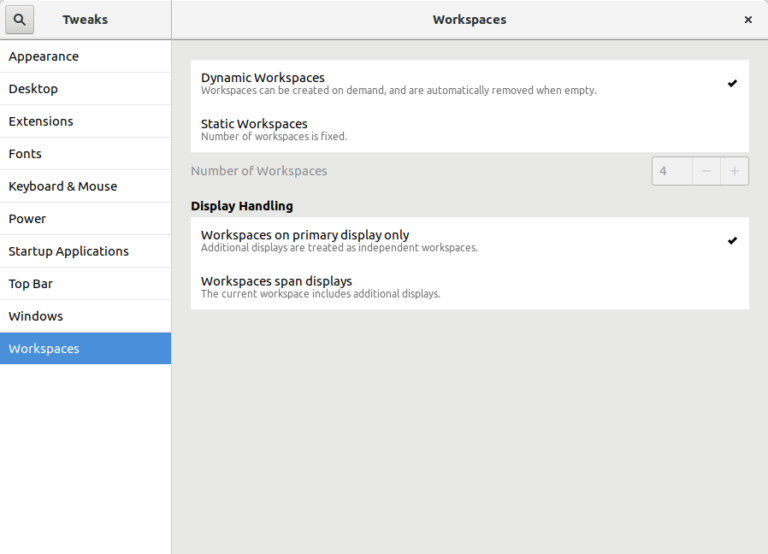
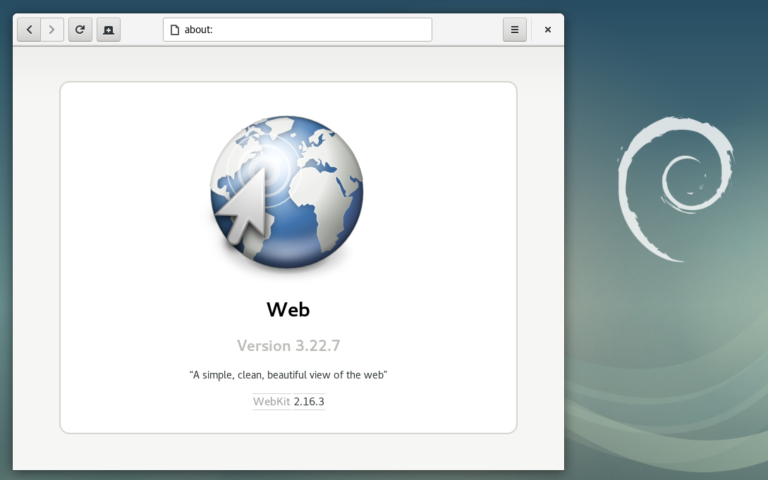
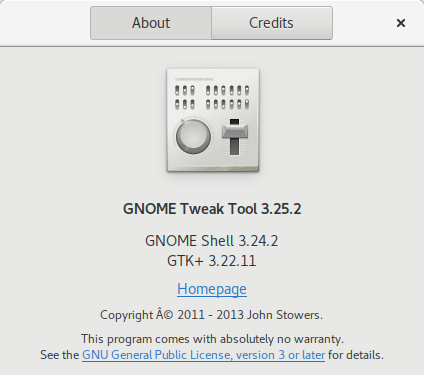
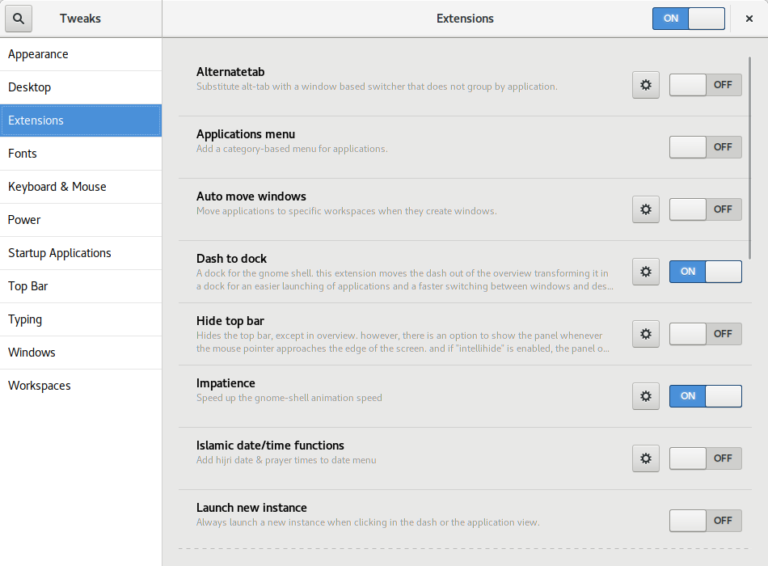
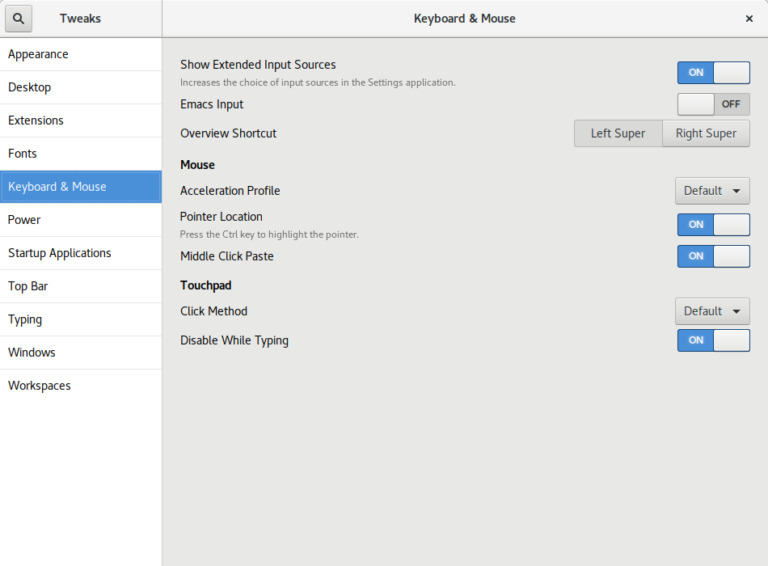
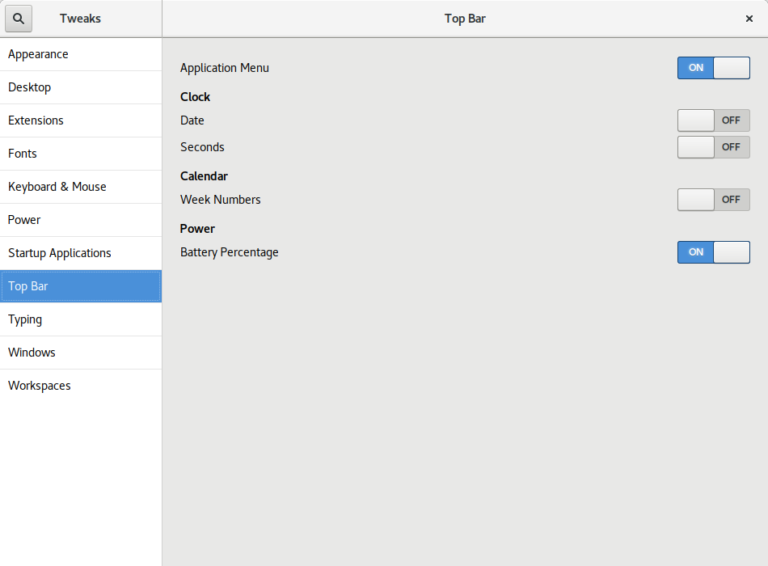
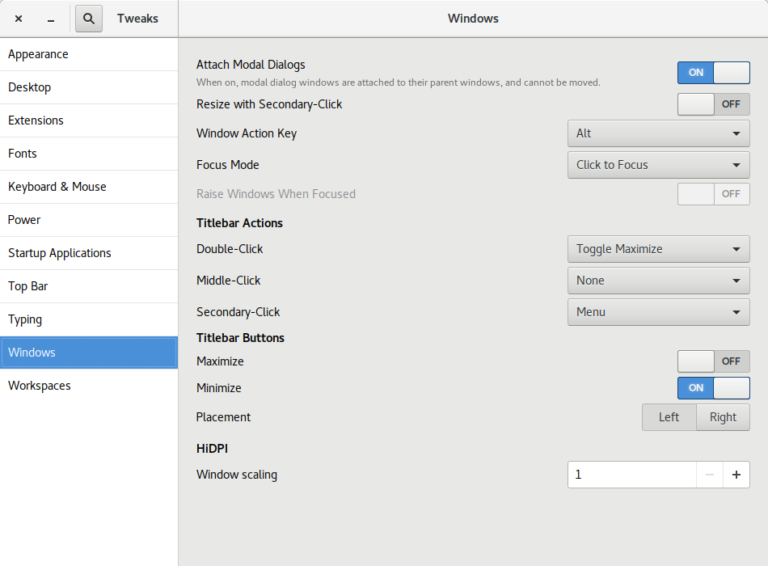
 Welcome to gambaru.de. Here is my monthly report that covers what I have been doing for Debian. If you re interested in Java, Games and LTS topics, this might be interesting for you.
Debian Games
Welcome to gambaru.de. Here is my monthly report that covers what I have been doing for Debian. If you re interested in Java, Games and LTS topics, this might be interesting for you.
Debian Games

 To be clear: for Stretch we recommend that reproducible builds are done in the same build path as the "original" build.
Finally, and just for our future references, when we enabled build path variation on Saturday, August 20th 2016, the numbers for unstable were:
To be clear: for Stretch we recommend that reproducible builds are done in the same build path as the "original" build.
Finally, and just for our future references, when we enabled build path variation on Saturday, August 20th 2016, the numbers for unstable were:
 But then we also like to confirm the bugs are really gone, which (atm) requires manual
checking, and to look for the words "reproducible" and "deterministic"
(and spelling variations) in debian/changelogs of all uploads, to spot reproducible work
not tracked via the BTS.
And we still need to catch up on the backlog of weekly reports.
Bugs submitted with reproducible usertags
It seems
But then we also like to confirm the bugs are really gone, which (atm) requires manual
checking, and to look for the words "reproducible" and "deterministic"
(and spelling variations) in debian/changelogs of all uploads, to spot reproducible work
not tracked via the BTS.
And we still need to catch up on the backlog of weekly reports.
Bugs submitted with reproducible usertags
It seems